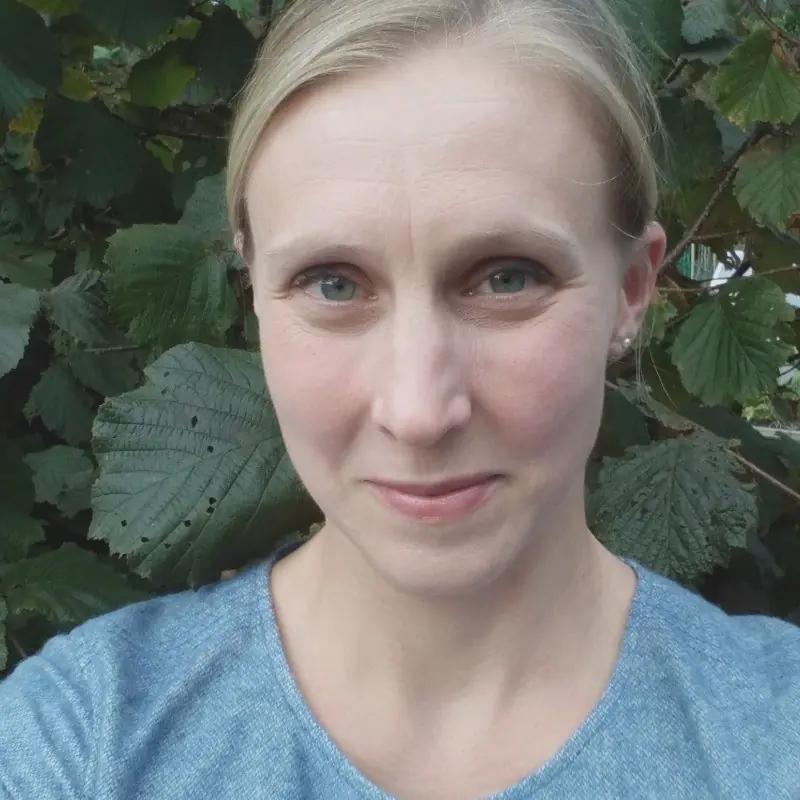
Training workshop on data sharing and analysisLink to Training workshop on data sharing and analysis
The One Health Vector Borne Diseases Hub project is funded by UKRI and Defra. It is a platform for data sharing, exploration, and collaboration on vector-borne diseases both in the UK and globally. Informed responses to vector-borne diseases require integration of multiple data types. Enhancing informatics and data sharing is vital to supporting the response to these threats.
Place and timeLink to Place and time
Training will be held at beautiful Imperial College London Silwood Park in Ascot, UK on 4th to 6th June 2025. Learn more about the campus here.
Securing your placeLink to Securing your place
This particular opportunity is only open to those traveling within the UK. Please apply here by the end of 25th April 2025. We will begin reviewing applications immediately. This training is completely free of charge.
Complete a short form and provide a max. 350 word statement explaining why you wish to attend and how the training will benefit you.
Who should apply?Link to Who should apply?
We welcome early career researchers from a wide range of academic, research, government, and industry partners who are involved in informing VBD responses. Participants should have a basic understanding of VBDs, as well as some foundational knowledge of statistics and programming. The workshop will primarily use R, but extensive prior experience is not required.
Learning outcomesLink to Learning outcomes
- Basic ecology and transmission of VBDs with particular emphasis on data used to understand transmission processes
- Introduction to data resources and methods for accessing data through the One Health Vector-Borne Diseases Hub and partners
- Data acquisition and management – best practices for data reporting and organisation
- Statistical analysis and visualization – including introduction to time series and distribution modelling using statistical methods in R
- Applied research projects – working with real VBDs datasets and presenting findings
What is included?Link to What is included?
- Training sessions led by experts in VBDs, informatics, and statistical analysis
- Hands-on practical exercises using real VBD datasets
- Mentorship and networking opportunities with peers and experienced researchers
- Travel to and from Silwood Park from anywhere within the UK (if requested)
- Accommodation (single rooms) for the duration of the workshop (if requested)
- Workshop materials and other instructor training materials
Additional accommodation outside of the workshop dates or any personal expenses and meals outside of the provided arrangements are not included.
CalendarLink to Calendar
The workshop will run from morning Wednesday June 4th to afternoon Friday June 6th.
- Arrival and check-in to accommodation.
- 09:30Welcome and Overview: Informatics for Vector Borne Disease Responses
- 10:00Introduction of the Hub and Data Wrangling (where you can get data)
- 11:00Break
- 11:15Tutorial: Data wrangling and visualizing data
- 12:00Lunch
- 13:00Tick Drag Activity
- 15:00Break
- 15:30Continue: Data wrangling and visualising data
- 09:00Linear vs Nonlinear Models
- 10:30Break
- 10:50Introduction to time series
- 12:00Lunch
- 13:00
Track 1: Time series (classical models, decomposition, lags, autoregressive/Arima models)
Track 2: Modelling vector distributions through time and space (forecast modelling frameworks, GBIF & biomod2, spatial & temporal trends)
- 16:30Choosing capstone projects
- 09:00Capstone: Work on analysis
- 10:30Break
- 11:00Continue: Work on analysis
- 12:00Lunch
- 13:00Continue: Work on analysis
- 15:00Break
- 15:30Presentations
- 16:30Discussion & Wrap-up
ExpectationsLink to Expectations
This is an intensive training program with a strong hands-on component, requiring active participation in lectures, practical sessions, and group projects. Participants should be prepared to engage in coding exercises and collaborate with their peers to analyze data.
By the end of the training, attendees will have developed a strong foundation in VBD data sharing and use, equipping them with skills that can be applied to their research projects.
PrerequisitesLink to Prerequisites
- Basic proficiency with R language
- Basic understanding of VBDs
- Basic understanding of statistics
InstructorsLink to Instructors

Lauren Cator researches the role of mosquito behaviour and ecology in disease transmission at Imperial College London. Lauren is leading the Hub and responsible for overall project management and coordination of the team and engagement with the wider UK VBD research community.

Samraat Pawar studies how individual-level metabolism scales up through species (population) interactions to community- and ecosystem-level dynamics at Imperial College London. Samraat is supporting integration of existing repositories with the Hub and the development of software for working with the data.

Will Pearse develops new statistical and computational tools to answer fundamental questions about the origins and future of biodiversity, and applies those insights to improve human wellbeing at Imperial College London. In this project, Will is focussed on how best to link environmental data with other types of biological data important for understanding VBD transmission.

Francis Windram is a PDRA on the hub at Imperial College London where he develops tools and visualisations for disease vector trait and population data. During his PhD, he created computational imaging methods to extract traits from the webs of UK orb-weaving spiders. Aside from science, Francis is also an avid musician, climber, and nature enthusiast.

Josh Tyler is Post Doc at the Turing Institute with a focus on biodiversity and modelling. He is particularly interested in understanding the levels to which evolution and ecology are predictable and how we can use advances in simulation and statistics to model past and future biodiversity. His current project looks at how we can better use Bayesian methods, such as PGLMMs, to better elucidate patterns in macroecology & macroevolution.
Supporting staff

Sarah Kelly is the data curator for the hub. She predominantly focuses on relationship building with data depositors and data wrangling. For the last 9 years Sarah has worked as part of the VEuPathDB funded by NIAID, curating both entomological and epidemiological data. When she isn’t curating data you will find her running, swimming and cycling around the coastline and camping on hilltops.

Stanislav Modrak is the software engineer behind the hub platform based at the Imperial College London. He has previously worked on risk analysis and compliance in cryptocurrency markets, digital bureaucracy and e-government platforms.